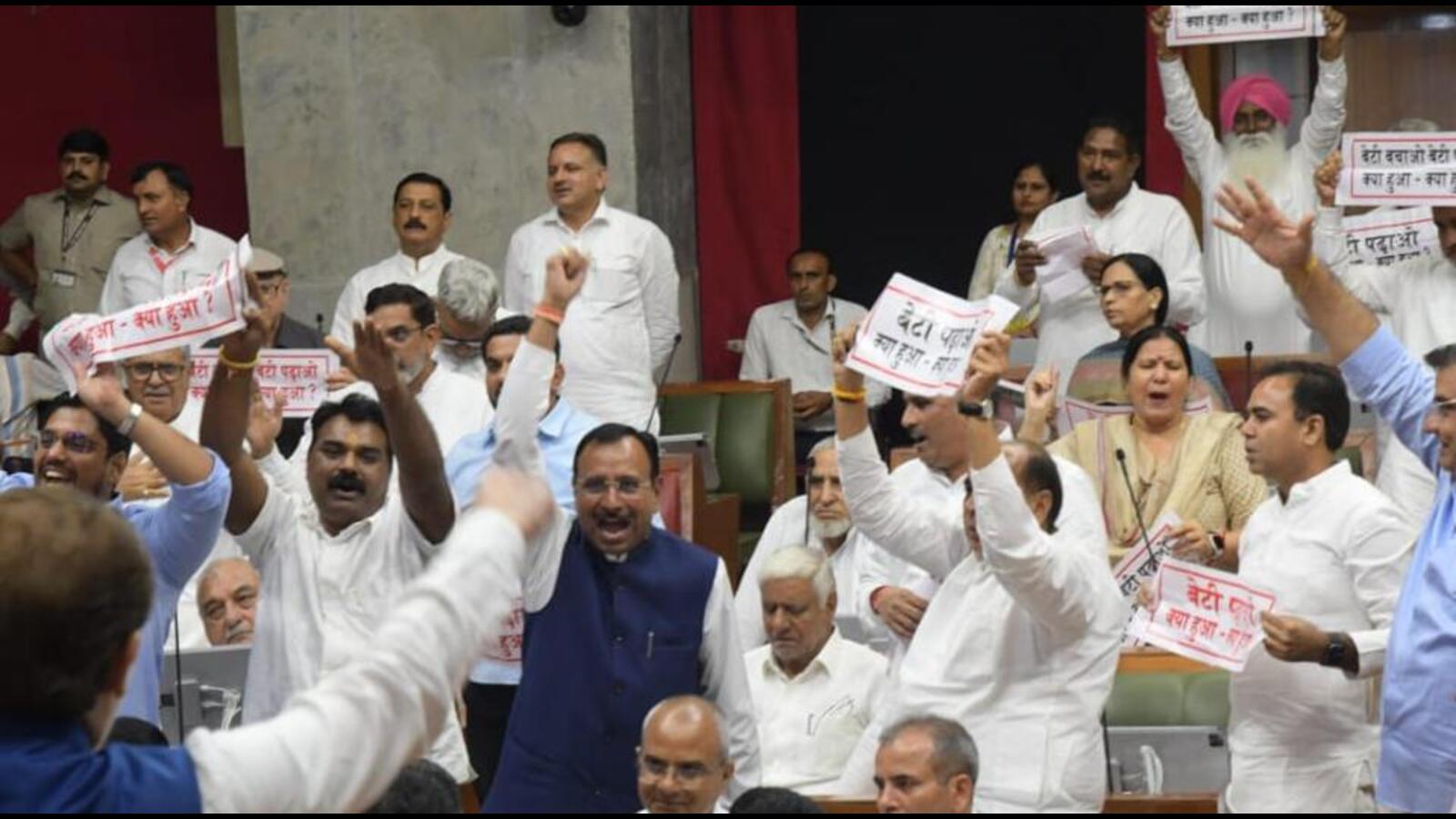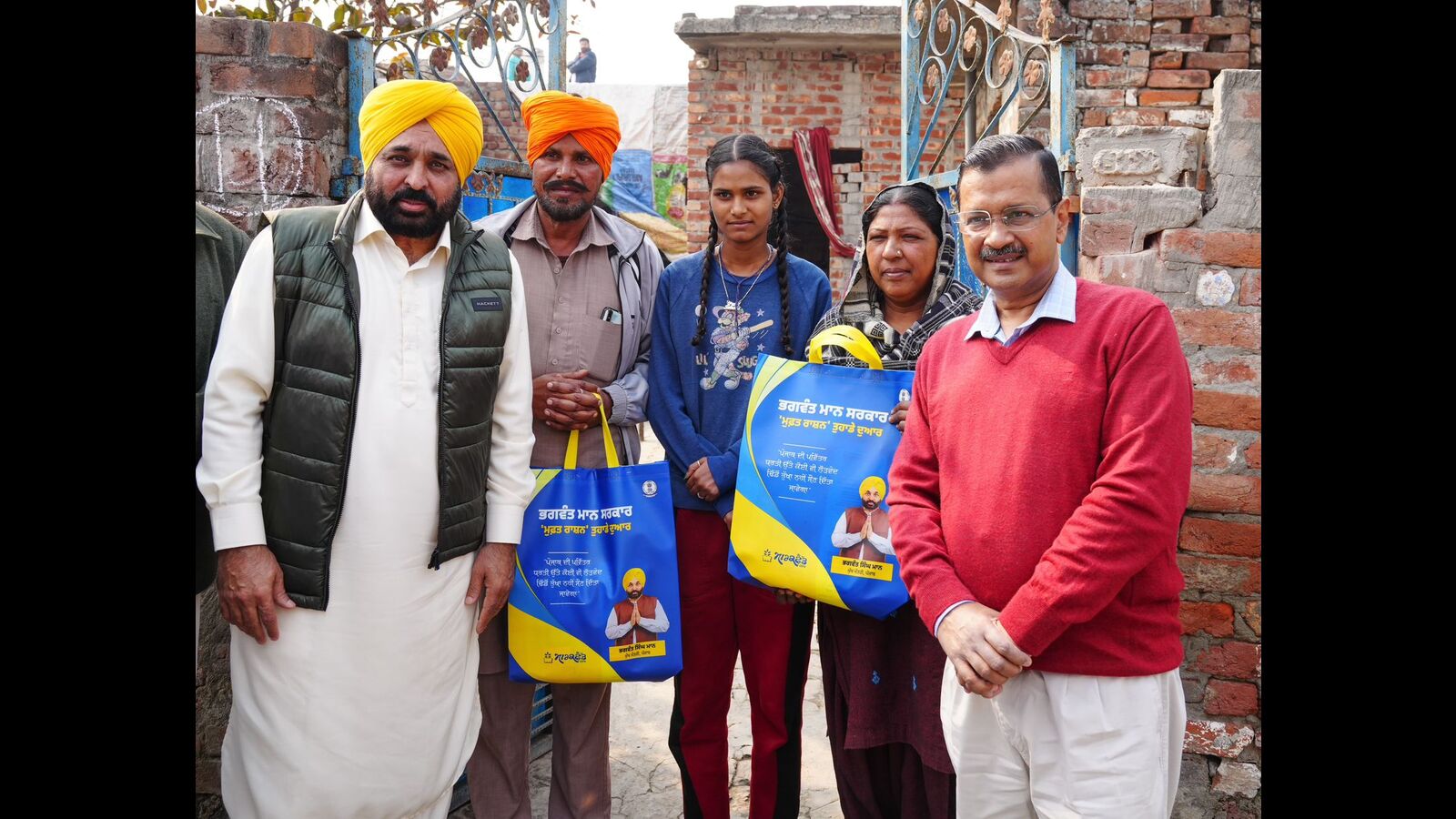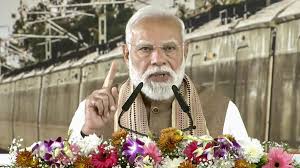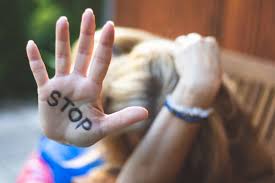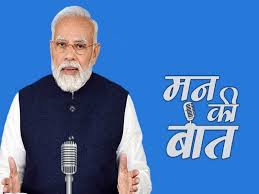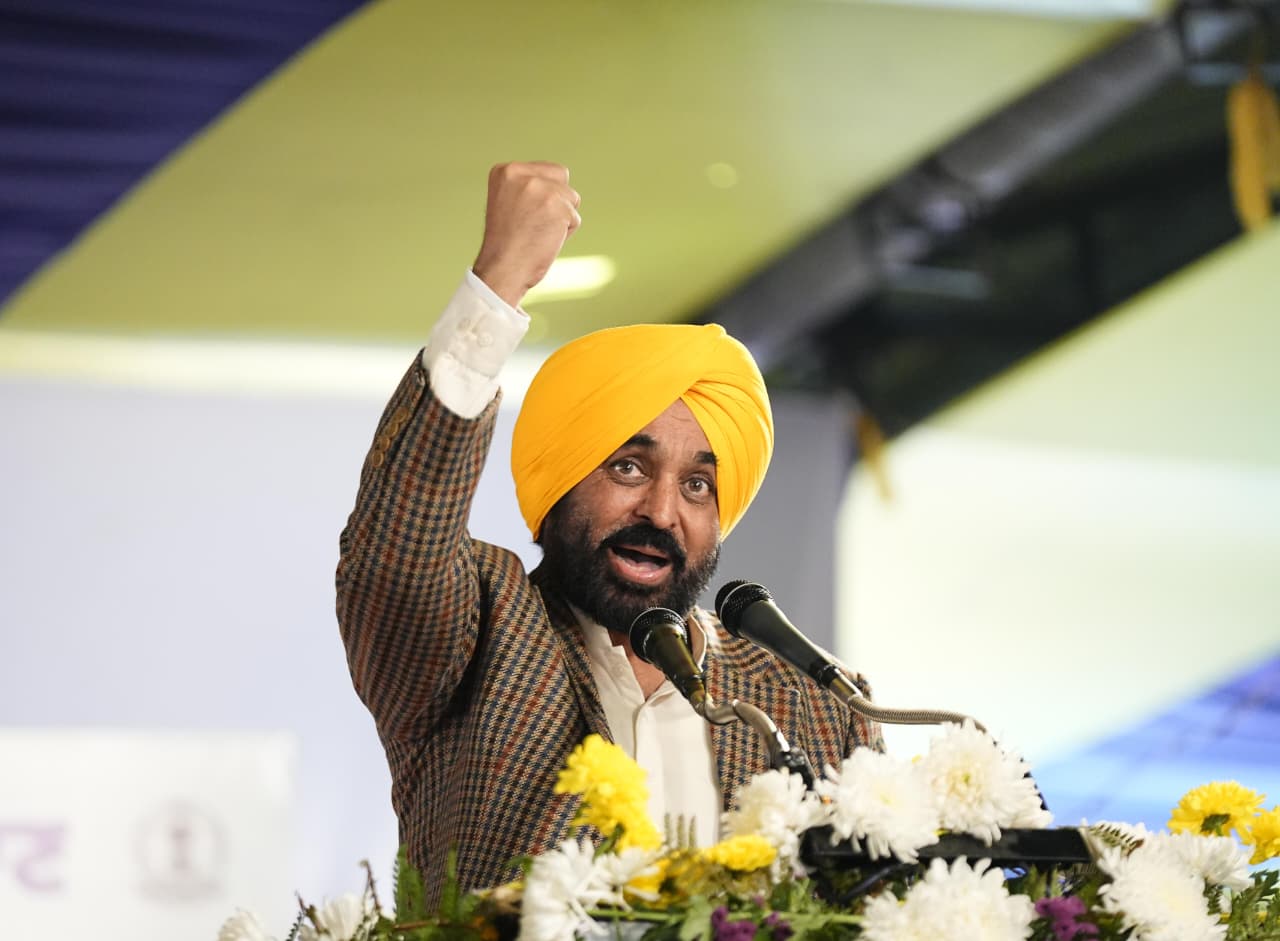Listen To This Post
New Delhi: As Delhi-NCR continues to gasp under weeks of hazardous air pollution, Chief Justice of India Surya Kant on Wednesday made a startling personal disclosure in open court, saying that even a morning walk left him unwell for hours, underlining the increasingly alarming public health crisis gripping the national capital.
“The only exercise I do is walking. But even that isn’t easy now. Yesterday, I walked for 55 minutes, and till morning I had problems,” the CJI said during a hearing on petitions challenging the Special Intensive Revision (SIR) of electoral rolls in Tamil Nadu, Kerala, West Bengal and other states and Union Territories. The Chief Justice’s remarks instantly drew attention to the real-time health impact of Delhi’s toxic air, even on people accustomed to disciplined physical routines.
Supreme Court May Shift to Virtual-Only Mode
In a development with far-reaching implications for the country’s judicial functioning, Justice Kant revealed that he is actively considering shifting Supreme Court hearings to an entirely virtual mode, at least temporarily, to safeguard the health of judges, lawyers and litigants.
“If I make a decision, then we will take the Bar into confidence first. We will see the hardships faced by lawyers and litigants. If we get a proposal, we will do something,” the CJI said. He added that he would meet the Bar’s office-bearers later in the evening to explore immediate remedial steps. At present, the Supreme Court is functioning in a hybrid mode, with both physical and virtual hearings.
Senior Lawyers Seek Exemption Citing Health Issues
The discussion on air pollution gained urgency after senior advocate Rakesh Dwivedi, appearing for the Election Commission of India, sought an exemption from personal court appearance, citing severe congestion and breathing issues.
“I am having congestion issues… Please allow my colleague to take notes. I want to appear through video conferencing on the next date. I am not well,” Dwivedi told the bench, adding that his condition worsened after stepping out for a morning walk.
Backing the concern, senior advocate Kapil Sibal remarked, “At our age, we are breathing this obnoxious air when the AQI is 400–500.” Dwivedi also suggested that lawyers aged 60 or above should be exempted from mandatory physical appearances during the pollution emergency.
Earlier Warning: ‘This Pollution Will Cause Permanent Damage’
The judiciary’s alarm over Delhi’s air is not new. On November 13, Supreme Court judge Justice P.S. Narasimha openly cautioned lawyers against attending court in person.
“The situation is very-very serious! Why are you all appearing here? We have a virtual hearing facility. Please avail it. This pollution will cause permanent damage,” Justice Narasimha had warned.
Delhi’s AQI Remains in ‘Very Poor’ Zone
According to the Central Pollution Control Board (CPCB) bulletin released on November 26 at 4 PM, Delhi recorded an average Air Quality Index (AQI) of 327 over the last 24 hours—firmly in the ‘inferior’ category. With the capital hovering dangerously close to the ‘severe’ bracket, concerns are mounting across institutions, not just among the general public.
A Stark Warning from the Highest Court
The Chief Justice’s personal account has transformed the air pollution debate from a routine environmental statistic into a serious institutional health emergency. If the Supreme Court entirely shifts to virtual hearings, it would mark one of the most significant operational changes since the COVID-19 pandemic—driven not by a virus but by the air Delhi breathes.





